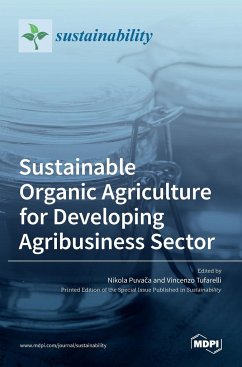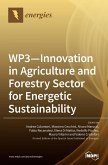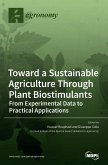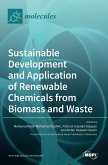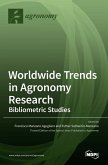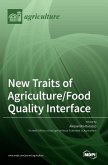Developing sustainable organic agriculture and resilient agribusiness sector is fundamental, keeping in mind the value of the opportunity presented by the growing demand for healthy and safe food globally, with the expectation for the global population to reach 9.8 billion by 2050, and 11 billion by 2100. Lately, the main threats in Europe, and worldwide, are the increasingly dynamic climate change and economic factors related to currency fluctuations. While the current environmental policy provides several mechanisms to support agribusinesses in mitigating organic food for daily increasing human population and stability of the currency, it does not contemplate the relative readiness of individuals and businesses to act correctly. Organic farming is the practice that relies more on using sustainable methods to cultivate crops and produce food animals, avoiding chemicals and dietary synthetic drug inputs that do not belong to the natural ecosystem. Organic agriculture can also contribute to meaningful socioeconomic, ecologically sustainable development, and significantly in the development of the agribusiness sector, especially in developing countries.
Hinweis: Dieser Artikel kann nur an eine deutsche Lieferadresse ausgeliefert werden.
Hinweis: Dieser Artikel kann nur an eine deutsche Lieferadresse ausgeliefert werden.

